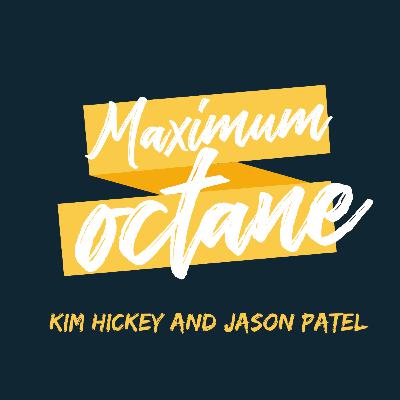
Maximum Octane
Author: Kim Hickey
Subscribed: 4Played: 212Description
Maximum Octane is the high-performance podcast for automotive shop owners ready to accelerate their leadership, culture, and profitability. Hosted by industry veterans Kim Hickey and Jason Patel from Automotive Training Institute (ATI), each episode takes you under the hood of the nation's most successful auto repair shops to uncover the tools, tactics, and mindset shifts fueling next-level results.
This season, Maximum Octane brings raw, real conversations from ATI SuperConference 2025 in Hawaii—featuring shop owners who are transforming their businesses by investing in what matters most: people, process, and purpose. From using Digital Vehicle Inspections (DVIs) to create superfans and elevate trust, to building training-first cultures that unlock loyalty, growth, and long-term success, these are the stories that inspire action. The season explores the shift from technician to technologist, the power of structure and team leadership, and the innovative thinking driving the automotive industry forward in a time of rapid change.
If you're a shop owner looking to scale sustainably, retain top-tier talent, maximize your Average Repair Order (ARO), or future-proof your business against ever-advancing vehicle technology—this podcast delivers the mindset and methods to get you there. You’ll gain field-tested strategies from ATI’s top-performing members, with deep dives into DVIs, workflow efficiency, culture-building, team accountability, talent development, technician training, and actionable steps to grow your shop’s revenue, reputation, and resilience.
Because in today’s market, it’s not just about fixing cars—it’s about building a business people believe in.
Hosted on Acast. See acast.com/privacy for more information.






Really enjoyed your conversation with Adam. Especially liked his discussion around visualization!!
Great insights throughout!